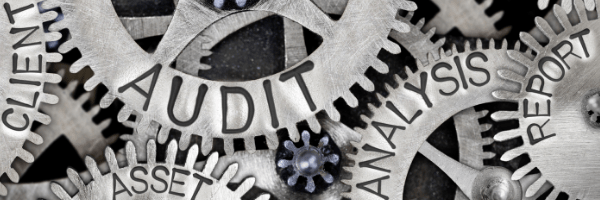If you are a newly established charitable organisation, or you have just joined a charity with accounting responsibilities – you may be wondering whether a charity audit or independent examination is necessary. In this article, our ICAEW trained charity accountant [enter name] explains the difference between a charity audit and an independent examination, and in which circumstances you need to arrange them.
What is a charity audit?
Charity auditing is part of legislation for the Companies Act 2006 and Charities Act 2011, and they are mandatory practise for organisations with either:
- An annual income of £1mil+;
- An annual income of £250k plus gross assets totalling £3.26mil.
On occasion, a charity trustee (most organisations have 1-3 trustees) will detail the need for a charity audit in their Annual Report. It is worth noting that the charity audit threshold is oftentimes updated, so be sure to check relevant guidance under the Companies & Charities Act or ask your charity accountant about audit requirements if you think you need one
Alternatively, read our recent article, Does My Charity Need An Audit?
What is an independent examination?
Some charities can have an independent examiner visit them rather than a charity auditor under the Charity Commission. If an organisation generates over £25k in annual income but less than the £1mil charity audit threshold, then an independent examination may be arranged.
An independent examination entails the same types of activities as a charity audit; an auditor will visit your organisation’s head office (or wherever you house paperwork) and review how you manage your bookkeeping, accountants, where donor receipts are stored, so on and so forth.
The difference between a charity audit and an independent examination is about annual income – the threshold for an audit is £1mil+ and £250k+ for an independent examination; unless otherwise stated by a charity trustee.
Entrust a charity accountant to help you
If you think you require a charity audit or an independent examination, it’s best to speak to your chartered charity accountant about the specifics involved.









